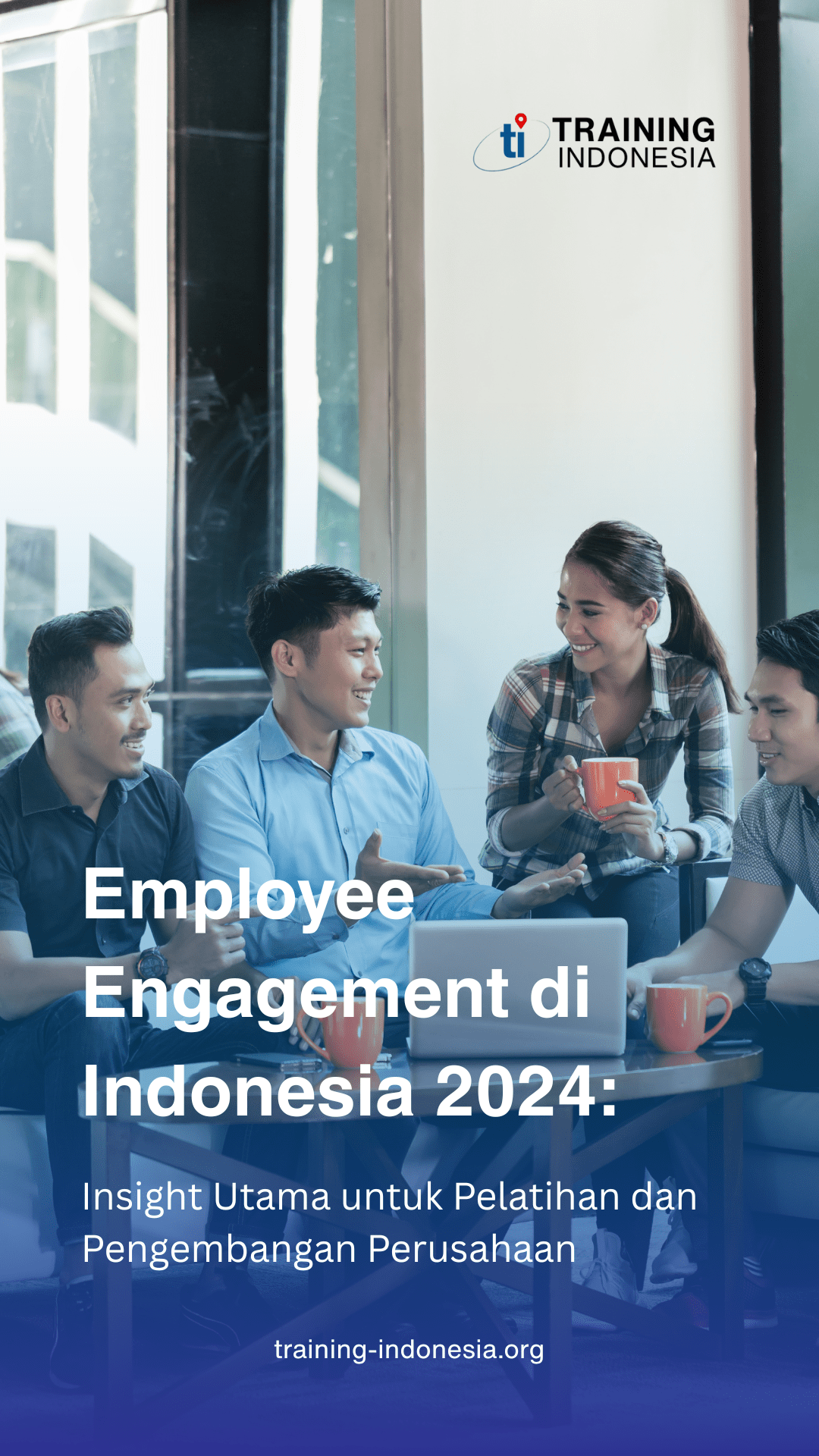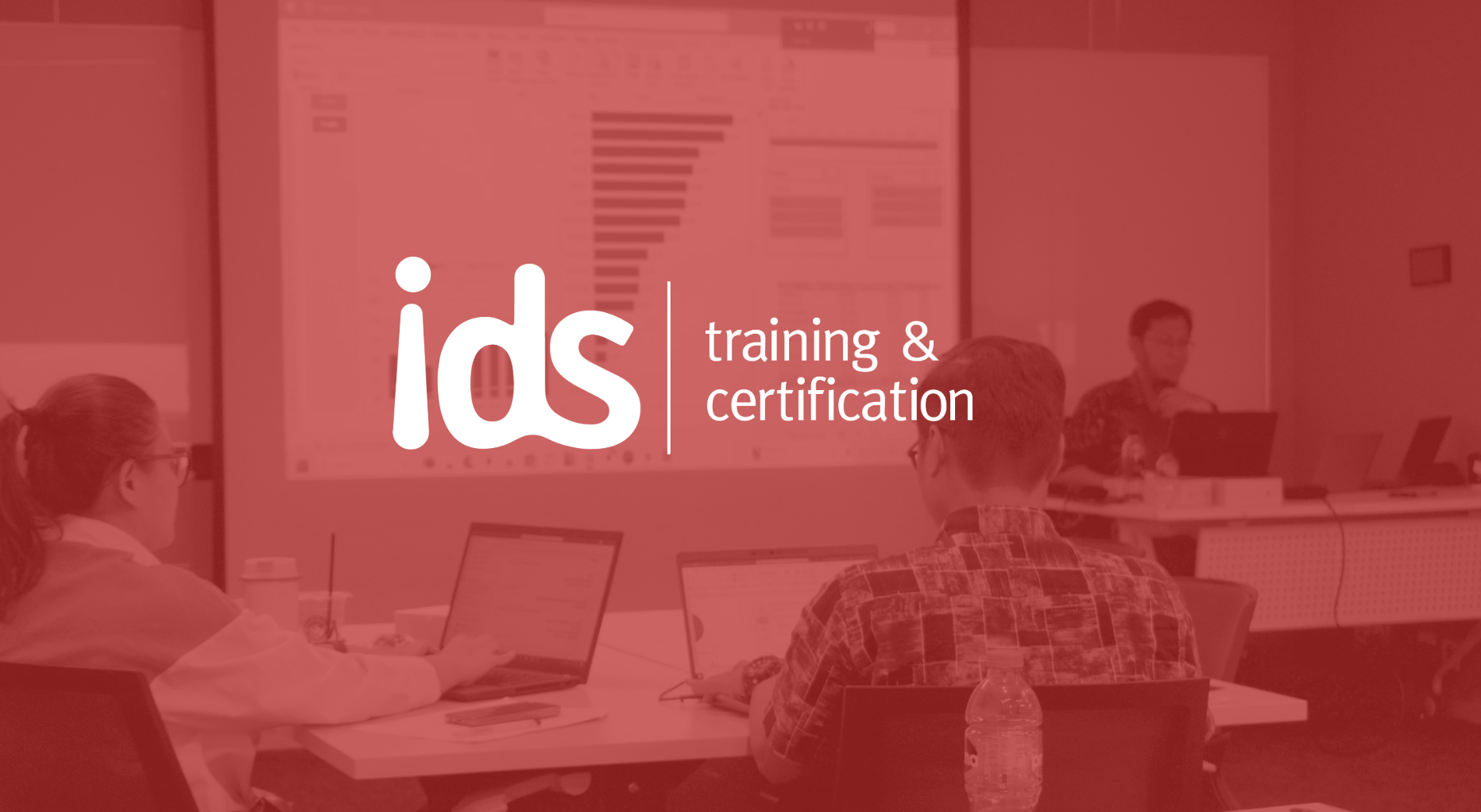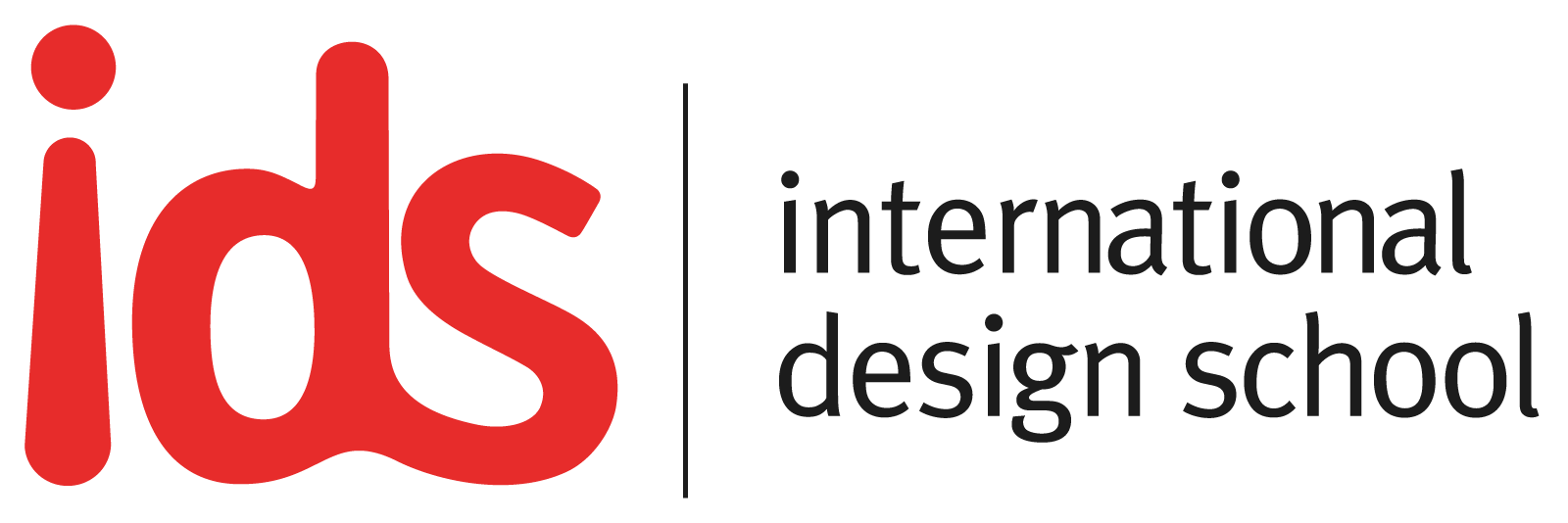Cultural Leadership in Indonesia: Managing Power Distance & Collectivism for Effective Leadership

Leadership in Indonesia presents distinct challenges shaped by deeply rooted cultural values. To lead effectively, managers must understand how national culture impacts leadership practices—particularly the dynamics of hierarchical structures and collectivist mindsets that characterize many Indonesian organizations (Irawanto, 2009). This article explores how cultural dimensions like power distance and collectivism influence leadership styles in Indonesia and their effects on organizational performance.
Understanding Cultural Dimensions in Indonesian Leadership
Indonesia is known for its high power distance and strong collectivist orientation, both of which significantly shape leadership behaviors. In high power distance societies, authority is centralized, and leaders are often regarded as paternalistic figures entrusted with their subordinates’ well-being (Hofstede & Hofstede, 2005). This expectation calls for leaders who can balance authority with empathy (Irawanto, 2009).
Collectivism also plays a pivotal role in leadership. In Indonesian workplaces, group harmony and collective well-being take precedence over individual achievements. Leaders are expected to build strong interpersonal relationships and foster a sense of loyalty and unity within teams (Prasetyo et al., 2021). This collective mindset often informs not just business decisions, but also actions taken for broader social impact.
Leadership Styles in Indonesian Organizations
Within this cultural context, effective Indonesian leadership often blends paternalistic and compassionate styles. Leaders function as mentors, guiding and supporting their employees while maintaining the authority necessary to drive organizational goals. As Irawanto (2009) notes, humane orientation—a leader’s concern for the personal and professional well-being of their team—is a critical trait for leadership effectiveness in Indonesia.
In addition, many Indonesian leaders adopt a consultative approach, emphasizing consensus in decision-making. This method fosters collaboration and reduces conflict, aligning well with the cultural preference for harmony (Prasetyo et al., 2021). However, the emphasis on consensus can sometimes slow down decisions, requiring leaders to carefully manage time and stakeholder expectations.
Leadership’s Impact on Organizational Performance
Leadership plays a vital role in shaping the performance and culture of Indonesian organizations. Studies indicate that leadership that aligns with cultural expectations boosts employee motivation and enhances overall performance (Prasetyo et al., 2021). Leaders who respect tradition and embrace collective values tend to inspire greater loyalty and engagement.
Conversely, leaders who disregard these cultural dimensions may encounter resistance, lowered morale, and diminished productivity. Therefore, a nuanced understanding of power distance and collectivism is essential for success in the Indonesian organizational context.
To lead successfully in Indonesia, managers must develop a deep understanding of local cultural dynamics—especially power distance, collectivism, and humane orientation. Aligning leadership styles with these values can foster stronger employee relationships, higher motivation, and improved organizational outcomes.
For professionals seeking to build or refine their leadership capabilities in the Indonesian context, explore tailored training and development opportunities at Training-Indonesia.org
References
-
Hofstede, G. H., & Hofstede, G. J. (2005). Cultures and Organizations: Software of the Mind (2nd ed.). McGraw-Hill.
-
Irawanto, D. W. (2009). An analysis of national culture and leadership practices in Indonesia. Journal of Diversity Management, 4(2), 41–48. Link
-
Prasetyo, I., Endarti, E. W., Endarto, B., & Aliyyah, N. (2021). Performance is affected by leadership and work culture: A case study from Indonesia. Academy of Strategic Management Journal, 20(Special Issue 2), 1–13.
-
Photo by Kindel Media: https://www.pexels.com/photo/man-in-gray-dress-shirt-beside-woman-in-white-dress-shirt-7651841/
Related News
Kepemimpinan Kultural Indonesia: Strategi Atasi Jarak Kekuasaan & Kolektivisme untuk Manajemen
Kepemimpinan di Indonesia menghadirkan tantangan tersendiri yang dipengaruhi oleh nilai-nilai budaya yang mendalam. Untuk memimpin secara efektif, manajer harus memahami bagaimana budaya nasional.
Strategi Ketenagakerjaan Indonesia 2025–2029: Bonus Demografi & Ekonomi Hijau
Indonesia tengah memasuki masa penting dalam sejarah ketenagakerjaannya. Periode 2025 hingga 2029 akan menjadi penentu bagi masa depan pembangunan ekonomi nasional.
Indonesia’s Employment Strategy 2025–2029: Embracing Demographic and Green Transitions
Indonesia is entering a critical phase in its employment trajectory. Between 2025 and 2029, the country will navigate the complex intersection of demographic opportunity, digital transformation.
Green Jobs and Indonesian Youth: Between Hope and Challenges
In the face of the climate crisis and the transition toward a green economy, environmentally friendly jobs—commonly referred to as Green Jobs—have garnered global attention.
Green Jobs dan Anak Muda Indonesia: Antara Harapan dan Tantangan
Pekerjaan Ramah Lingkungan Semakin Dilirik Anak Muda Dalam menghadapi krisis iklim dan transisi menuju ekonomi hijau, pekerjaan ramah lingkungan atau yang dikenal sebagai Green Jobs
Upcoming Training
Jun
18
KNIME Analytics Platform for Data Scientists June 2025
17530, Tower F, Jl. TB Simatupang No.Kav. 88, RT.1/RW.2, Kebagusan, Ps. Minggu, Kota Jakarta Selatan, Daerah Khusus Ibukota Jakarta 12520, Indonesia
Jun
18
In House Training - How to Improve Your Productivity Using Lean Thinking W3 June 2025
Jl. H. Agus Salim No.115, Menteng, Kec. Menteng, Kota Jakarta Pusat, Daerah Khusus Ibukota Jakarta 10310, Indonesia






